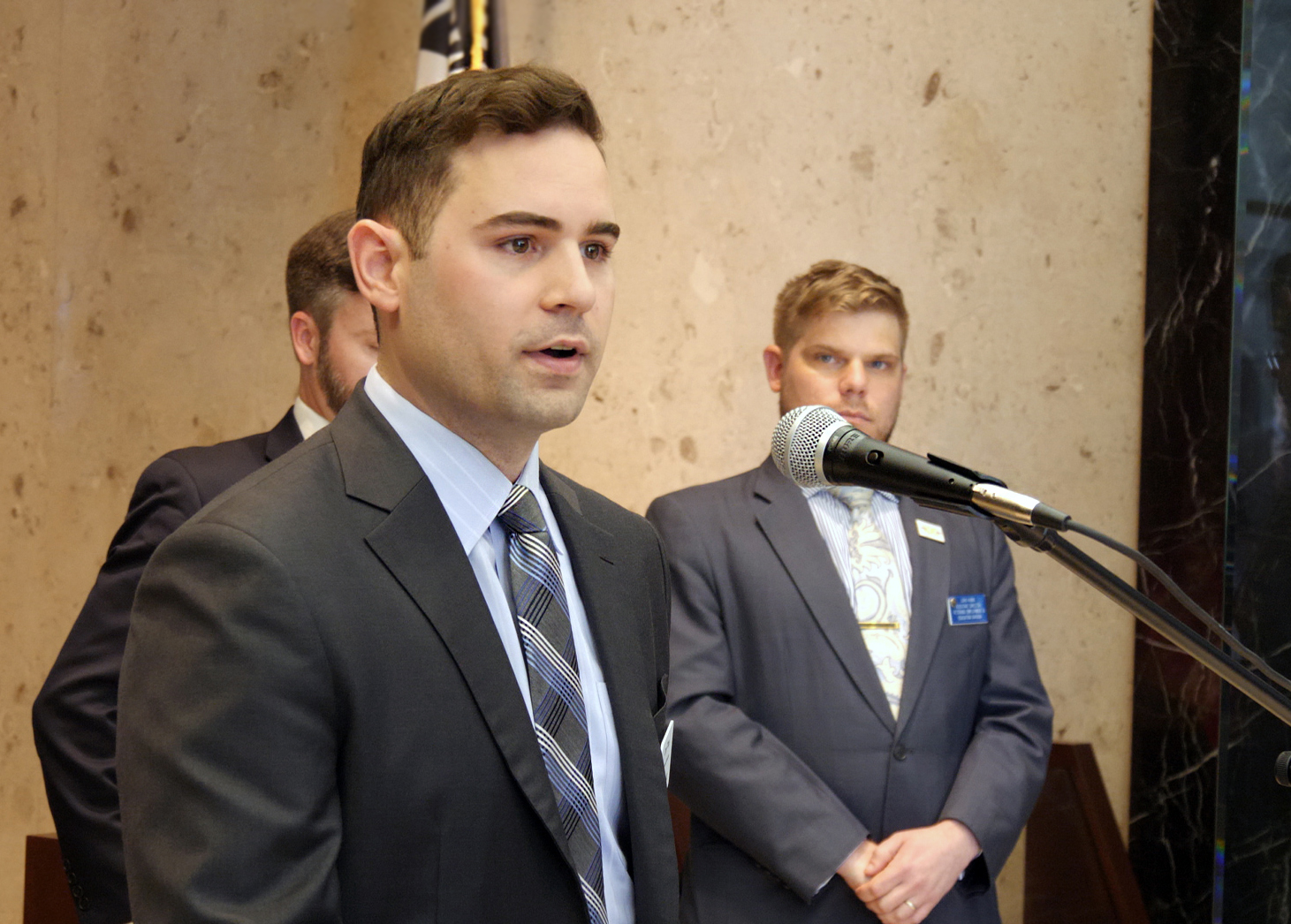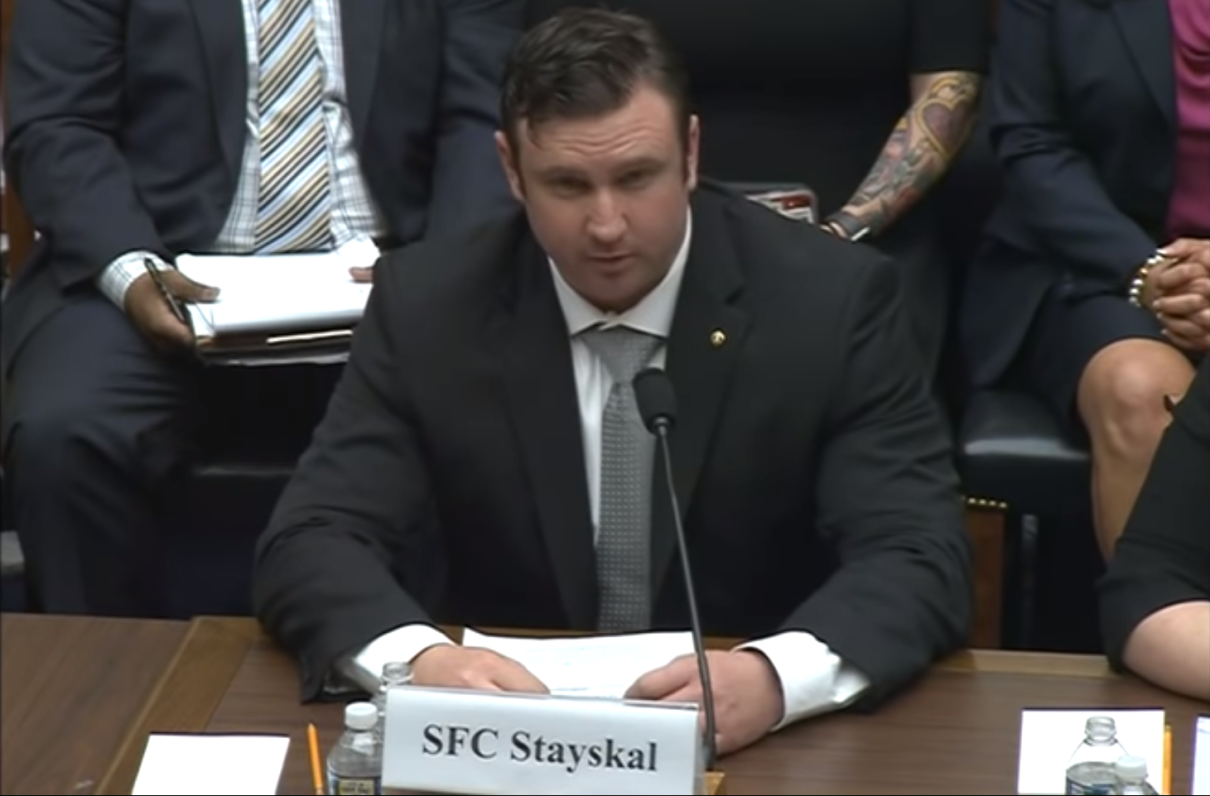MOAA and other military and veteran service organizations are leading a charge to return to decade-old rules on supervising lenders to ensure they follow rules designed to protect servicemembers and their families.
MOAA has been backing tighter supervision of the Military Lending Act (MLA) since 2018, when the federal government first attempted to reduce its oversight. At that time, Mick Mulvaney, then-acting director of the Consumer Financial Protection Bureau (CFPB), decided to stop supervising lending made to active duty servicemembers, opting instead to investigate after servicemembers and their families made complaints about lending practices.
MOAA and other advocacy groups weighed in against the policy change at the time.
“MOAA is committed to supporting the MLA and ensuring it remains viable to our servicemembers and their families,” said Cory Titus, MOAA’s associate director of Currently Serving and Retired Affairs, who joined representatives from five other military and veteran service organizations for a May 15 news conference on the issue. “A strong, enforced MLA keeps those in uniform focused on their mission of protecting our nation, not distracted by financial complications originating from unethical business practices. We urge Congress to ensure CFPB continues to provide the necessary supervision to regular MLA compliance.”
The MLA, enacted in 2006, was designed to protect servicemembers and their families from certain lending practices thanks in part to enforcement from the CFPB. DoD studies have found that military members, their families, and veterans are four times as likely to be targeted by unscrupulous lenders.
Since 2011, servicemembers have filed 74,000 complaints to the CFBP, resulting in more than $130 million to be returned to affected servicemembers.
Servicemembers who enter the military are often easy targets, since many are young and have little credit history. Many military installations go as far as creating a list of off-limits establishments to include auto loan financiers and retail stores with high financing costs to protect active duty servicemembers.
MOAA is also advocating for loan underwriting requirements that empower everyone, not just servicemembers. The CFPB has proposed delaying loan underwriting requirements that are supposed to go into effect Aug. 19.
“Requiring financial service providers to verify that loans can be repaid is common sense,” Titus said “The CFPB should not delay the underwriting requirement. It must go into effect on time.”
Amanda Dolasinski is MOAA’s staff writer. She can be reached at amandad@moaa.org. Follow her on Twitter @AmandaMOAA.



